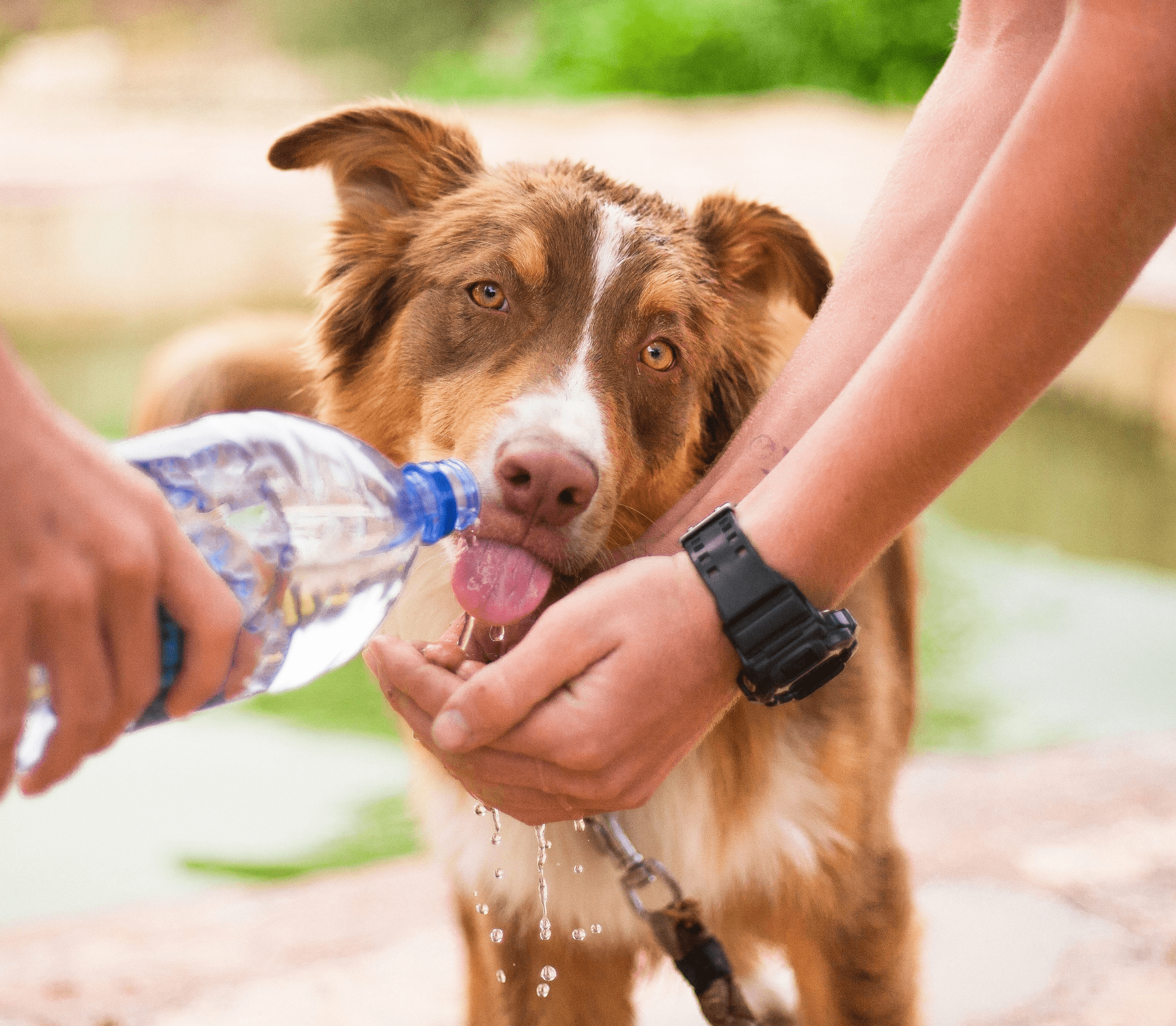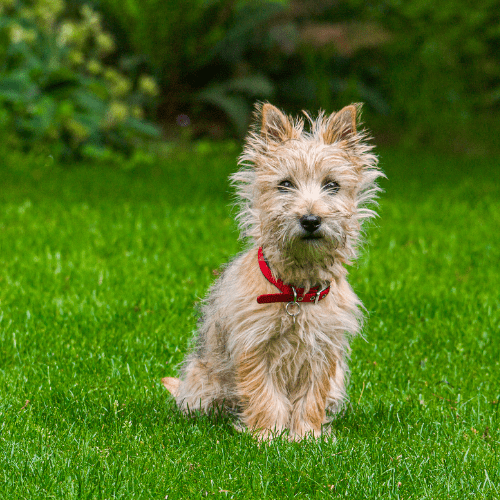7 Things Every Cat Needs
February is National Cat Health Month! Cats are known for being pretty easy keepers. After all, Fluffy spends most of her time sleeping, looking cute, and silently judging you. However, your furry overlord does need more than food and comfy beds to stay healthy. A Washington DC vet lists some things every kitty should have in this article.
Clean Litterboxes
This one doesn’t require much explanation. Kitties prefer their purrsonal powder rooms to be kept nice and clean!
Toys
Playing is of course lots of fun for Fluffy. However, it’s also very good for her. Pouncing and jumping help keep your kitty fit physically, while coordinating those tricky meow/run/jump combos offers her beneficial mental stimulation. Give your feline buddy lots of fun toys, and take time to play with her regularly.
Stimulation
Playing is great, but kitty playtime shouldn’t be Fluffy’s only form of entertainment. Set out some pet-safe plants for your furball to sniff at, and offer her some pieces of kitty furniture. You don’t have to spend a lot of money here: there are some great DIY options online. A comfy window view will also help keep your cute pet content and purring.
Boxes
We know, it would seem like boxes would be counted as a kitty luxury item, rather than a need. However, recent studies showed that kitties are less likely to feel stressed if they have boxes. Paper bags, pet tents, and kitty condos also fit the bill.
Veterinary Care
Your furball will be both healthier—and therefore happier—with proper veterinary care. Regular exams are a must! Follow your vet’s recommended appointment schedule.
Warm Laps To Sleep In
The best way to keep Fluffy’s little motor going is to basically make sure she feels loved. Pay lots of attention to your feline pal. Talk to her, pet her, play with her, and offer her toys, treats, and ear scritches. Even kitties that aren’t lap cats will be happier if they feel safe and cared for.
Bonus: Catnip
Kitties are always adorable, but they are never cuter than when they are enjoying some catnip. Of course, some cats are immune to the effects of this interesting little plant. If Fluffy doesn’t like catnip, offer her some honeysuckle instead.
Please reach out to us, your Washington DC vet clinic, for all of your kitty’s veterinary care needs. We are here to help!



